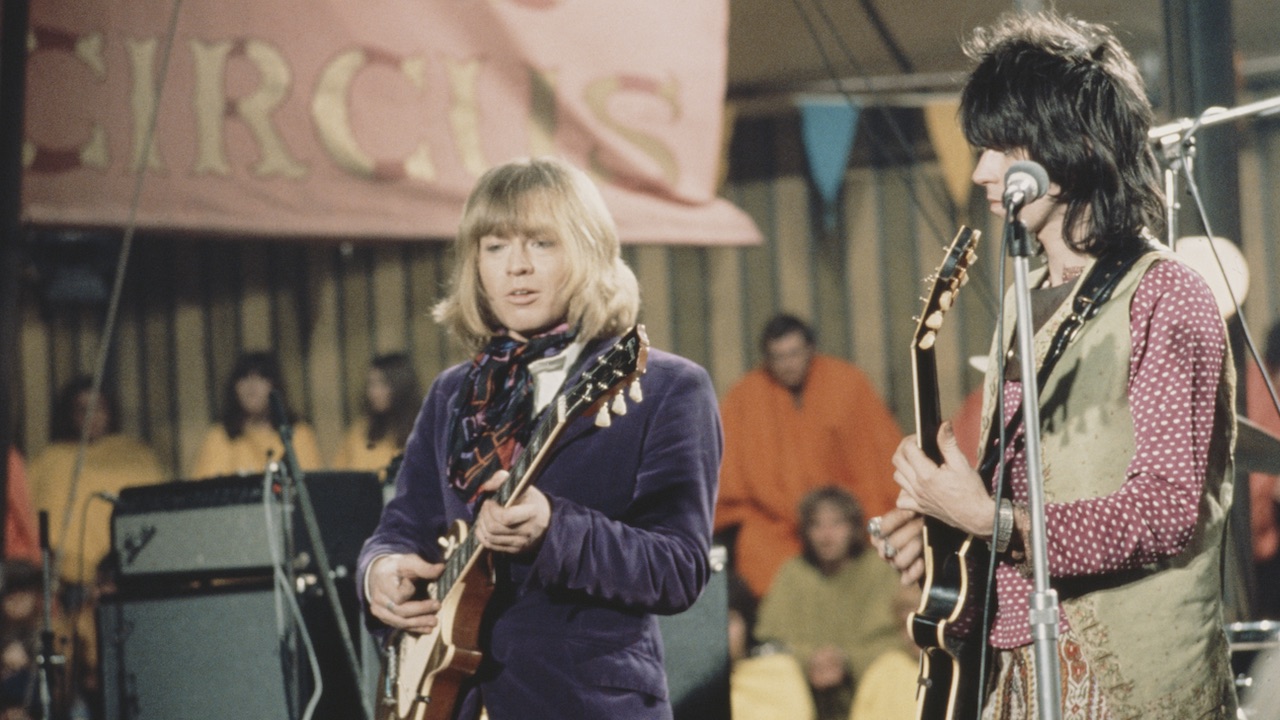In 1974, writer/journalist Anthony Scaduto published an unofficial biography of Mick Jagger which annoyed The Rolling Stones because of what they saw as numerous inaccuracies and distorted truths in the text.
Chief among these was Scaduto's portrayal of the late Brian Jones as the most talented and important member of the band, allegedly ostracised and bullied by a jealous Jagger and Keith Richards. Aware that the Stones were far from impressed with Scaduto's book, in the summer of 1974, NME writer Pete Erskine offered Keith Richards an opportunity to address some of the claims which the US writer had made in his book, and the guitarist did not hold back.
Responding to Scaduto's claim that 'Brian felt that Jagger and Keith had been engineering his isolation from the group in an attempt to drive him out', Richards simply said, "Not true."
"Brian, as far as I know, never wrote a single finished song in 'is life," the guitarist stated. "He wrote bits and pieces but he never presented them to us. No doubt he spent hours, weeks, working on things - but his paranoia was so great that he could never bring himself to present it to us.
"Because he's dead I can say, 'Oh, Brian was a fantastic musician', but it wasn't true. Brian wasn't a great musician. He did have a certain feel for certain things, but then everybody in the band has that for certain things too. And there was a nice bit of chemistry there for a while which unfortunately didn't stay.
"Brian was the least capable of coping with teenybopper stardom and it made him so depressed that eventually he became a liability, and especially because of the pressure we, as a band, were under," Richards added. "Also Mick and I, after Andrew [Loog Oldham, Stones' manager and producer] had got us into writing - which we'd never dreamt of doing - after the first couple got to Number One it increased Brian's antagonism towards us."
Richards went on to say that Jones, who drowned in the swimming pool at his East Sussex home on July 3, 1969, "always had to have an enemy, he always had an imaginary foe."
"Brian would always manipulate people," he said, "into these situations of proving your friendship to him by doing something dastardly to the other person."
Richards also claimed that he and Jones had been at their closest in 1967, but that their friendship dissolved following a trip to Morocco, when Jones was "pulling this hard man number, knocking off Moroccan whores, and being absolutely disgusting."
Jones, obviously, never had the opportunity to defend himself against Richards' claims.

